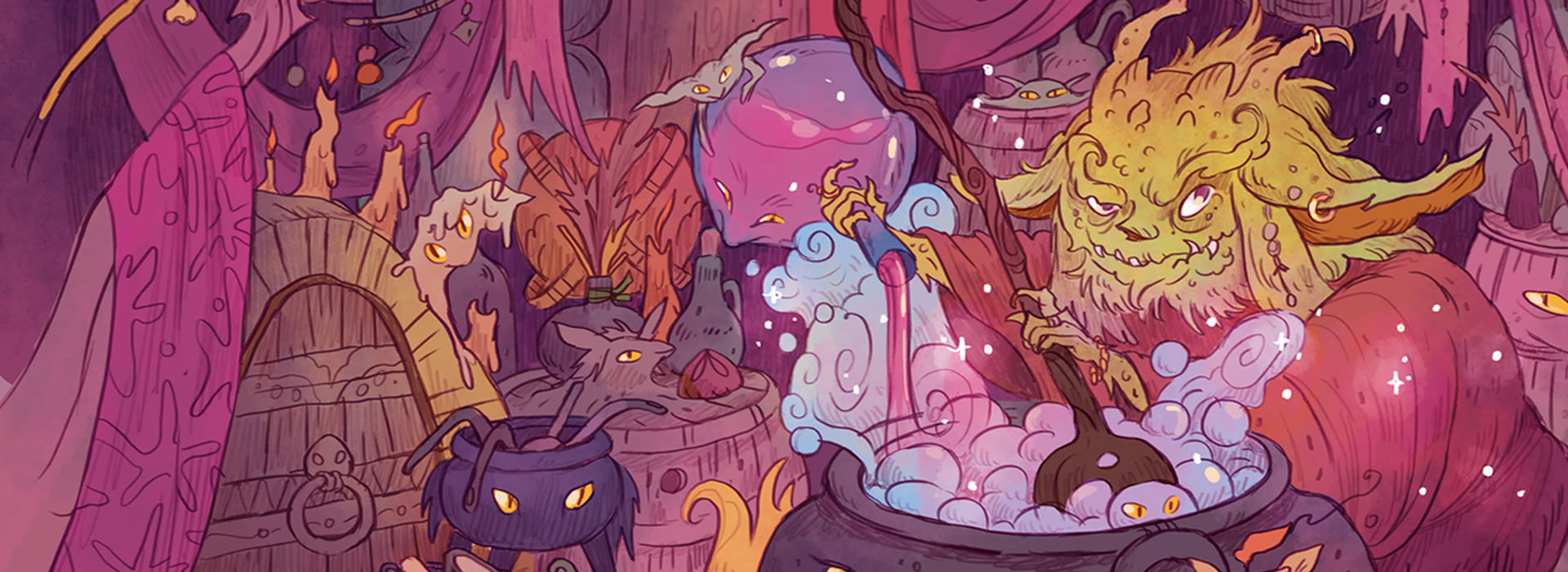
Kit de marketing e recursos promocionais de Lorwyn Eclipsed
Seu kit de marketing de Lorwyn Eclipsed está repleto de ferramentas para dar suporte aos seus eventos, demonstrar novos produtos e encaminhar os jogadores para uma temporada inesquecível. Veja o que tem lá dentro!

Kit de marketing e recursos promocionais de Lorwyn Eclipsed
Seu kit de marketing de Lorwyn Eclipsed está repleto de ferramentas para dar suporte aos seus eventos, demonstrar novos produtos e encaminhar os jogadores para uma temporada inesquecível. Veja o que tem lá dentro!

Lorwyn Eclipsed – datas, eventos e promos
Comece agora mesmo a planejar sua temporada de Lorwyn Eclipsed conferindo as principais datas, eventos, produtos e muito mais para engajar sua comunidade.

Lorwyn Eclipsed – datas, eventos e promos
Comece agora mesmo a planejar sua temporada de Lorwyn Eclipsed conferindo as principais datas, eventos, produtos e muito mais para engajar sua comunidade.

Decks Temáticos de 60 Cards: novos caminhos rumo ao Magic Construído
Saiba como os Decks Temáticos de 60 Cards podem ajudar você a receber novos jogadores e incentivar jogadores antigos a regressar à sua loja com temas chamativos, estratégias sólidas e atualizações simples.

Decks Temáticos de 60 Cards: novos caminhos rumo ao Magic Construído
Saiba como os Decks Temáticos de 60 Cards podem ajudar você a receber novos jogadores e incentivar jogadores antigos a regressar à sua loja com temas chamativos, estratégias sólidas e atualizações simples.

Draft Night: cultive sua comunidade de Magic com tudo pronto para jogar
Draft Night torna os drafts de Magic mais fáceis do que nunca, com tudo o que os jogadores precisam para a diversão em quatro jogadores e tudo o que as lojas precisam para cultivarem a comunidade e o engajamento e inspirarem os jogadores a retornarem.

Draft Night: cultive sua comunidade de Magic com tudo pronto para jogar
Draft Night torna os drafts de Magic mais fáceis do que nunca, com tudo o que os jogadores precisam para a diversão em quatro jogadores e tudo o que as lojas precisam para cultivarem a comunidade e o engajamento e inspirarem os jogadores a retornarem.

Surpreenda os fãs com o novo lançamento de fim de ano de Magic: The Gathering — FINAL FANTASY
Magic: The Gathering — FINAL FANTASY voltará às lojas no dia 5 de dezembro, trazendo produtos imperdíveis e um evento de Commander que nenhum fã vai querer perder.

Surpreenda os fãs com o novo lançamento de fim de ano de Magic: The Gathering — FINAL FANTASY
Magic: The Gathering — FINAL FANTASY voltará às lojas no dia 5 de dezembro, trazendo produtos imperdíveis e um evento de Commander que nenhum fã vai querer perder.

Kit de marketing e materiais promocionais de Magic: The Gathering® | Avatar: The Last Airbender™
Una os seus elementos de divulgação em uma harmonia perfeita! Saiba quais são as ferramentas, as sinalizações e os materiais digitais que ajudarão você a dar vida a Magic: The Gathering | Avatar: The Last Airbender na sua loja.

Kit de marketing e materiais promocionais de Magic: The Gathering® | Avatar: The Last Airbender™
Una os seus elementos de divulgação em uma harmonia perfeita! Saiba quais são as ferramentas, as sinalizações e os materiais digitais que ajudarão você a dar vida a Magic: The Gathering | Avatar: The Last Airbender na sua loja.

Secret Lair em lojas WPN: como funciona?
Secret Lair mostra um lado maravilhosamente diferente de Magic: The Gathering. Veja como trazê-la para sua loja.

Secret Lair em lojas WPN: como funciona?
Secret Lair mostra um lado maravilhosamente diferente de Magic: The Gathering. Veja como trazê-la para sua loja.
Conheça os mais novos recursos WPN

Produtos de Lorwyn Eclipsed
Luz e sombra se convergem na imperdível linha de produtos de Lorwyn Eclipsed.

Baixar recursos de marketing
Turbine a divulgação de eventos e produtos com os mais recentes recursos para download.

Agendar Eventos
Os jogadores estão prontos para jogar! Visite o Calendário de Eventos e agende seus eventos para que eles possam participar da diversão.

Novo na Wizards Play Network?
A WPN é uma comunidade global de mais de 6.000 lojas de varejo. Junte-se para receber benefícios e recursos que apóiam sua loja e aumentam sua comunidade.

Acelere sua parceria. Avance no Caminho para WPN Premium.
A designação WPN Premium é a melhor forma de se tornar uma loja de jogos a nível mundial. Obtenha benefícios de adesão WPN extras incluindo materiais de marketing bônus, promos exclusivos e eventos apenas para WPN Premium.
Qualquer loja WPN pode se inscrever — e você terá apoio individualizado a cada passo do processo."

